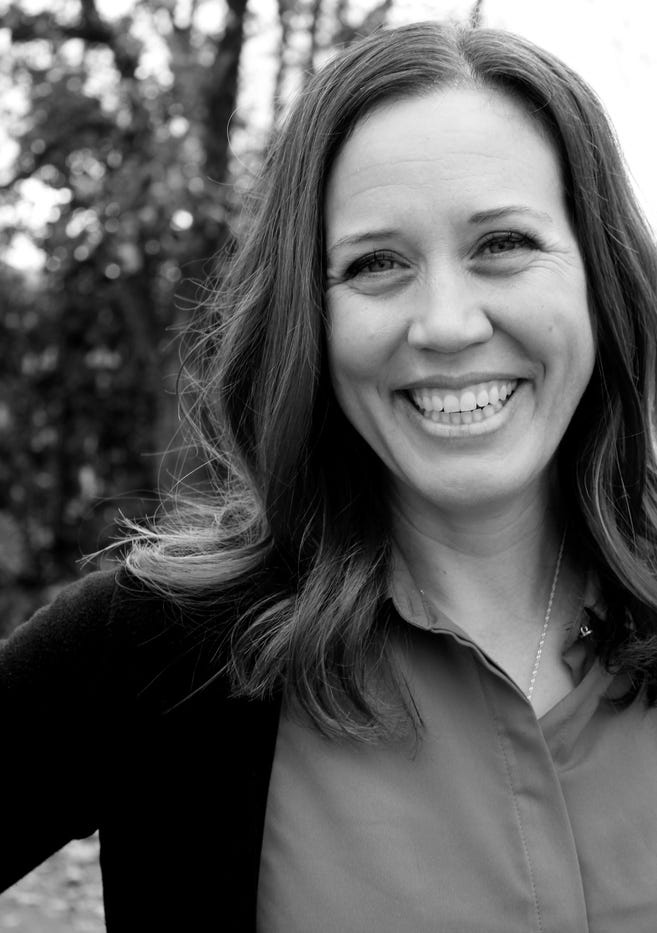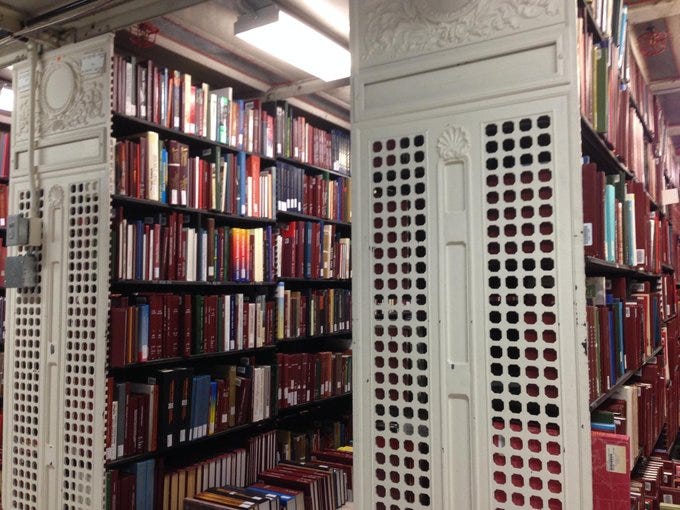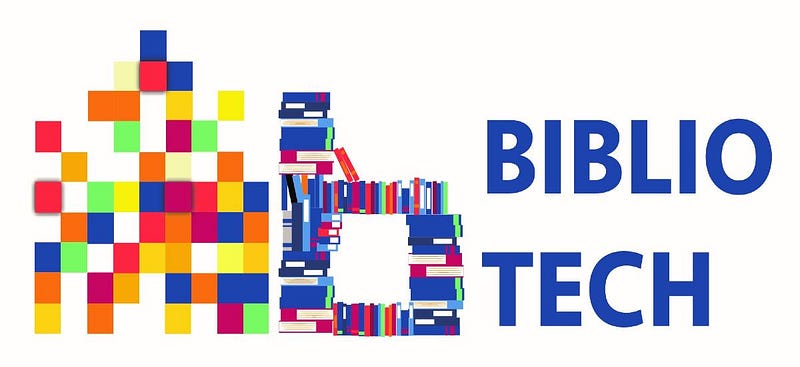Interview with Lydia Pyne : Historian and Science Writer
I had an insightful Interview and Q&A Session with Writer and Historian Lydia Pyne about her book, Bookshelf, a part of Bloomsbury’s Object
I had an insightful Interview and Q&A Session with Writer and Historian Lydia Pyne about her book, Bookshelf, a part of Bloomsbury’s Object Lessons series which is about the hidden lives of ordinary things.
ABOUT THE AUTHOR
Lydia Pyne is a Historian and Science writer. Currently she is a visiting researcher/fellow at the Institute for Historical Studies — The University of Texas at Austin.
Her writing has been appeared in National Geographic, Inside Higher Education, Wall Street Journal, Science Friday, and Talk Nerdy.
Talk Nerdy Episode 283 - Lydia Pyne
In this episode of Talk Nerdy, Cara is joined by writer and historian Dr. Lydia Pyne to talk about her new book…www.carasantamaria.com
She says that whatever she has achieved today it’s all because of her parents encouragement. They perpetually motivated her to be “curious about things”. When she pursued higher education, she was an English major. She ended up switching to anthropology and history, earning a double-major in the subjects, both from Arizona State University. She earned her master’s from the The University of Texas at Austin in anthropology and biology . For PhD, she started as an archaeology student and in the end, earned a degree in history and philosophy of science from Arizona State University.
About - Lydia Pyne
Lydia Pyne is a writer and historian, interested in the history of science and material culture. She has degrees in…www.pynecone.org
Bookshelf - Lydia Pyne
Every shelf is different and every bookshelf tells a different story. One bookshelf can creak with character in a…www.pynecone.org
Excerpts from the Interview :-
Q1) A book about bookshelves, an interesting connection between eBooks and chained books you juxtaposed that honestly I hadn’t thought about? What drew you to this subject matter? What inspired you to write this book? What social and cultural aspects you discovered while you were researching on this subject?
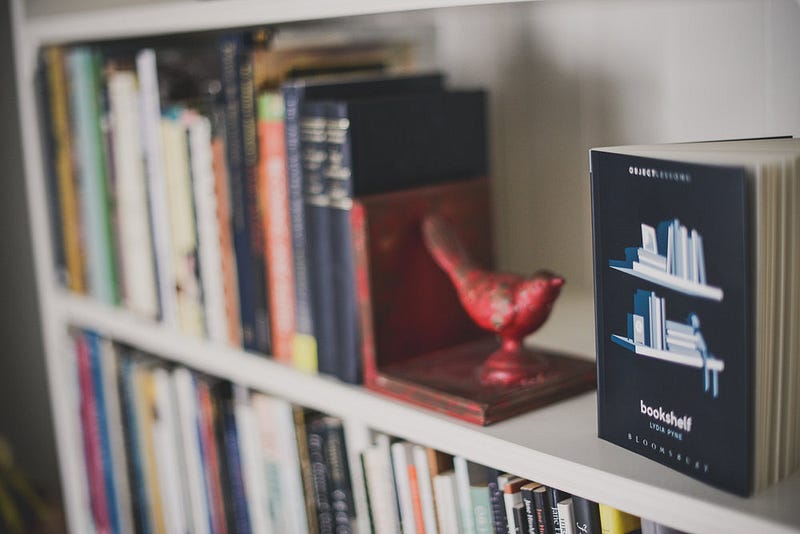
Lydia : Bookshelf is part of Bloomsbury’s Object Lessons series. I decided to explore bookshelves when I realized that the bookshelf was the thing that all of the books in the series had in common — no matter what their topics were, all of the books would be kept on bookshelves. And the project just grew from there. I really enjoyed digging into the history of very old bookshelves, like those from ancient Ebla or medieval chained bookshelves.
Q2) What was your Research Methodology? How did you get started? Who did you collaborated with?
Lydia : I interviewed a plethora of different bookshelf aficionados — from librarians to historians to bookstore owners. I used historical and archaeological sources as well as touring several institutions like the Library of Congress, the New York Public Library, and the medieval Hereford Library in the UK.
Q3) Any sense of identification with Marcus Tullius Cicero who had a serious thing for books. Cicero and his library suggest, that books don’t go on just any shelf; books ought to be shelved on a proper bookshelf.
Lydia : I think bookshelves help us to think about how the arrangement of certain objects — like books — can create definitions for others.
Q4) Do shed some light how the book has maintained a fine line between History and cultural studies?
Lydia : One of the things that I try and do in all of my writing projects is to draw from a variety of different sources — many of which tend to cross traditional disciplinary boundaries. I hope that this approach means that books like Bookshelf can appeal to readers from various backgrounds and interests.
Q5) What makes a bookshelf “a bookshelf” according to you?
Lydia : I think that a bookshelf holds books and the potential for books. For example, a bookshelf can be an improvised way to organize, store, and display books and it can also be a formal, physical piece of furniture. I would also emphasize that what makes a bookshelf a bookshelf depends a lot on time, place, and historical context.
Q6) Do you have a personal bookshelf system? How do you organize your reading life?
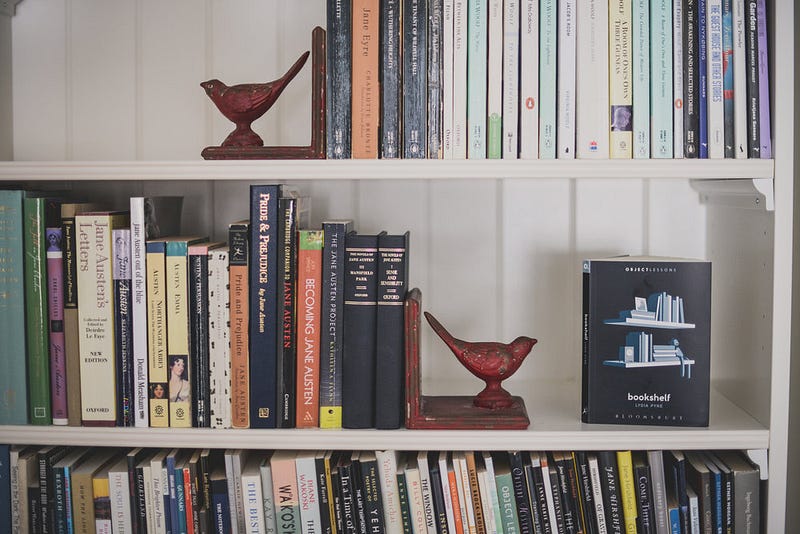
Lydia : The books on my bookshelves are arranged fairly haphazardly. They’re roughly grouped by topic, but sometimes those are only topics that make sense to me. (For example, I have a shelf that’s full of books written by friends of mine.) I do keep a bookshelf near my desk that rotates through books for different writing projects, so those books change out fairly regularly. The books on my iPad’s Kindle app are completely random and it always takes me a while to find the digital book that I’m looking for.
Q7) What’s the most surprising thing you learned while you were writing this book or researching on this topic?
Lydia : I loved learning that the bookshelves at ancient Ebla had clay tablet “tags” that were affixed to the shelves so people could find what tablets were stored on what shelves.
Q8) Do you think the books sitting on someone’s bookshelf say anything about that person? Do you have any books in your home that say something about you?
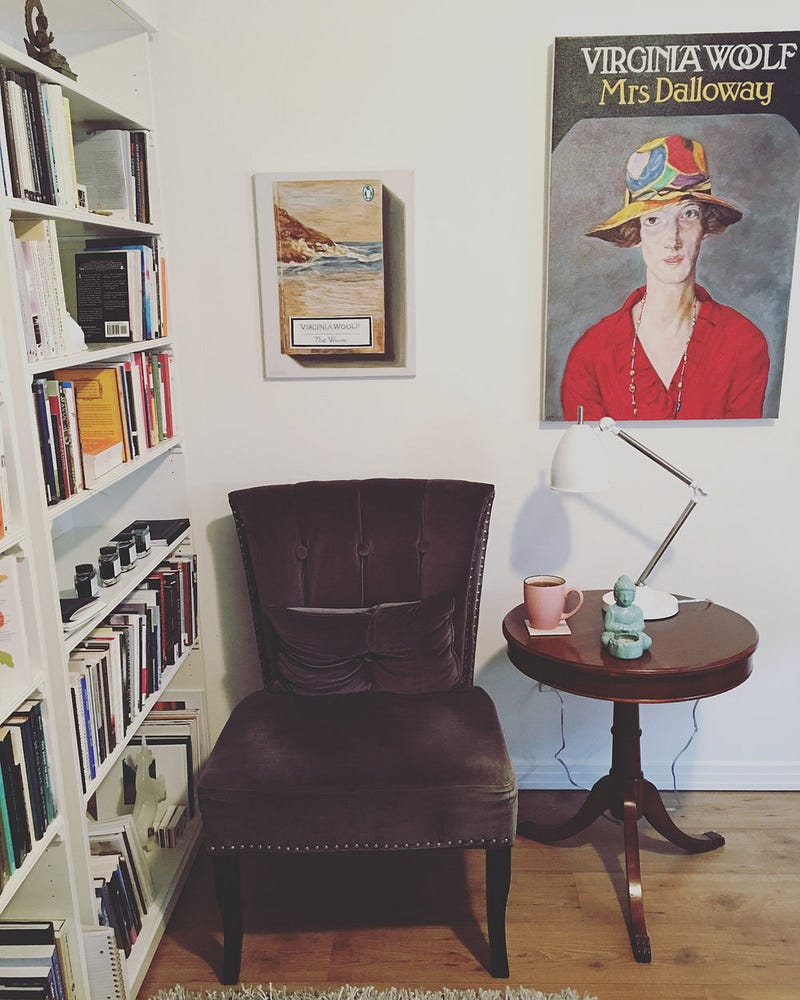
Lydia : Just about everyone I interviewed talked about how they had books that they had “outgrown” but still kept around for different reasons. Maybe college textbooks or a book that they used to like but are now embarrassed to have out on display. In terms of personal bookshelves, I think that what books are displayed on our bookshelves is an invitation to others to get to know a carefully curated part of us.
Q9) I read this article of yours:
How One Company Designed the Bookshelves that Made America's Biggest Libraries Possible
Before the early 20 th century, public libraries typically used wooden bookcases with fixed shelves to house their…slate.com
(Very Interesting, indeed! I was not familiar with this type of work. The Bookshelf Industry to be specific)
Can you shed some light on what specific elements had changed the bookshelf industry which resulted in loss of Snead & company’s influence on the American Bookscape?
Lydia : I think that the architecture of libraries has changed a great deal since the days of Snead & Co bookshelves. Those bookshelves were massive, integral parts of library architecture as well as holding books.
Q10) In the twenty-first century, it’s easy to assume that the bookshelf has lost its cultural significance as digital books grow in appeal and readers switch from paperbacks/hardbound to digital devices. So naturally there is a followed notion that the bookshelf is going extinct. What does it mean for the Bookshelves industry and the public libraries? How can they keep pace with today’s cultural demands? Is BiblioTech Business Model the answer?
Lydia : The bookshelf is a hearty object that has survived for millennia in many ways and in many forms. Digital bookshelves are a newer sort of shelf, but how we read them and how we access them draws on earlier sorts of historical traditions of books on bookshelves — like medieval chained bookshelves. I don’t think the bookshelf is going extinct anytime soon.
Thank you all for reading and a big thanks to Lydia Pyne for collaborating in today’s post!
It’s a pleasure!
If any of my readers here , wish to know more about her work and writings. Do open the links mentioned below.
Website : http://www.pynecone.org/
Twitter Handle : https://twitter.com/LydiaPyne
Pacific Standard : https://psmag.com/author/lydia-pyne
Science Friday : https://www.sciencefriday.com/person/lydia-pyne/
Athenaeum Review : https://athenaeumreview.org/contributor/lydia-pyne/
Electric Literature : https://electricliterature.com/el-author/lydia-pyne/

